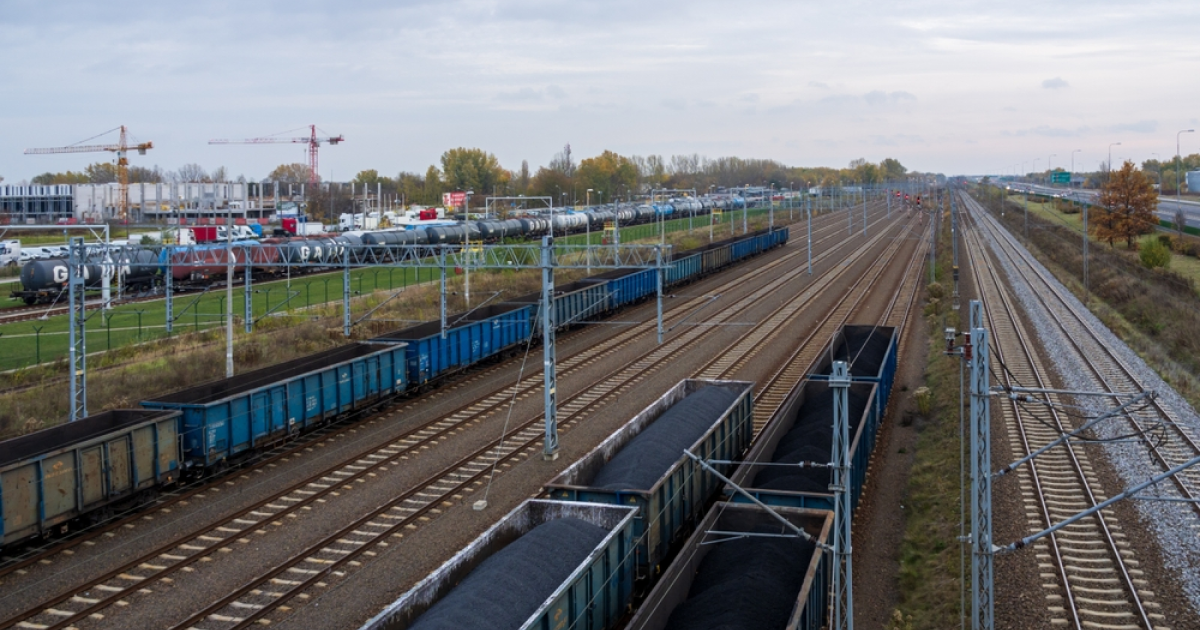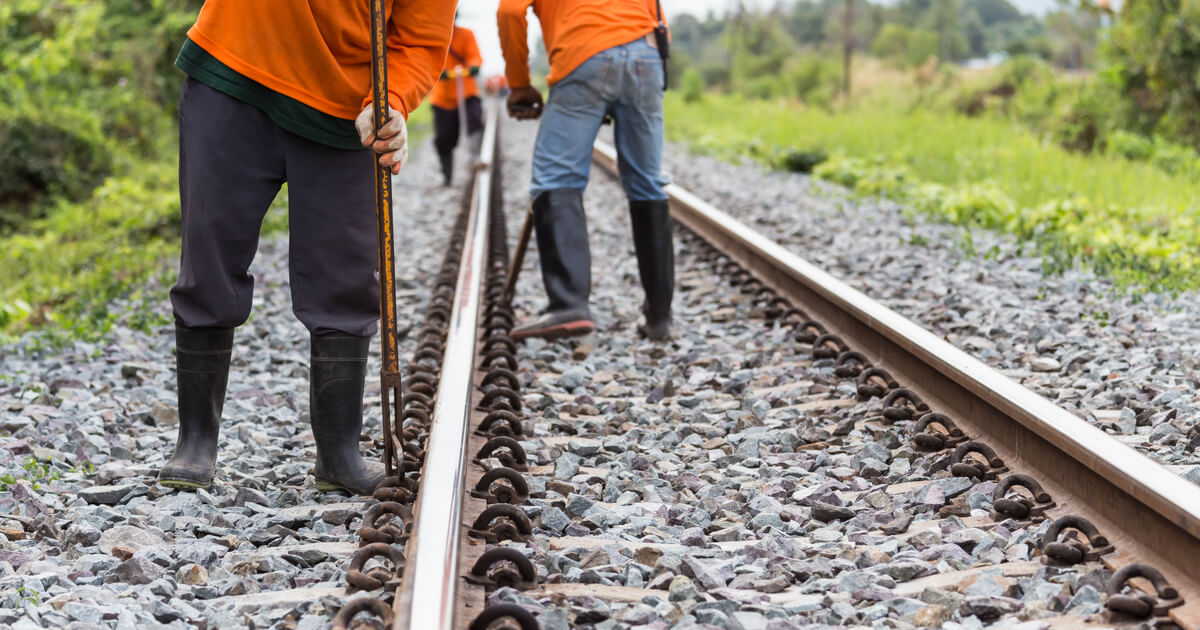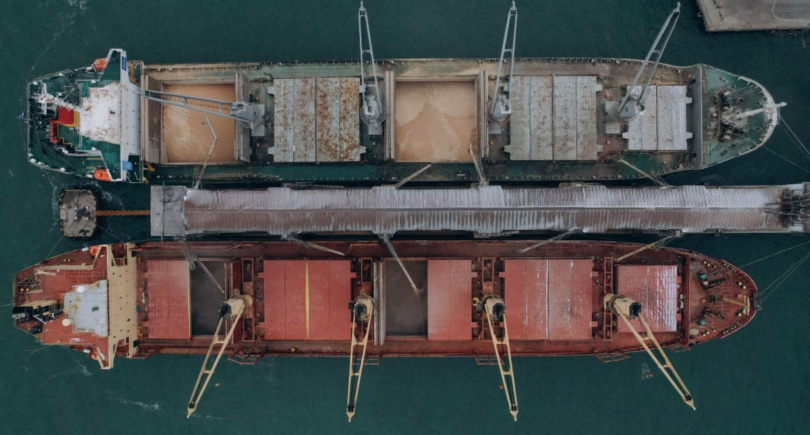
News Infrastructure EU 729 17 April 2023
Major TEN-T projects to be completed by the end of 2030
Large EU transport infrastructure projects should focus on sustainable transport, avoiding delays and connecting with Ukraine and Moldova. It is stated in a message from the European Parliament.
Last week the Committee on Transport and Tourism of the European Parliament confirmed its position on the revision of the rules of trans-European transport (TEN-T) – the EU plan to build a network of railways, roads, inland waterways and short maritime shipping routes. The list of current TEN-T projects, in particular, includes Rail Baltica, connecting Helsinki and Warsaw.
The European Parliament confirmed the need to complete the main transport infrastructure projects by the end of 2030 in the main TEN-T network, and by the end of 2050 – in the comprehensive one. In order to stimulate their rapid implementation, the introduction of an interim deadline until 2040 is supported.
The Committee advocates unified technical and operational standards for each mode of transport. In particular, the idea is that intermodal transport should be carried out mainly by rail, inland waterways or by sea over a short distance. This should lead to the full electrification of railways in the main TEN-T network, with the possibility of running passenger trains at a speed of 160 km/h, freight trains – at 100 km/h. Until the end of 2023, trains should be able to cross internal EU borders in less than 15 minutes.
“Everybody is talking about shifting transport to rail. However, while cars, trucks or planes can cross EU borders without any problems, trains, especially cargo ones, are forced to stop at borders, sometimes for hours, to adapt to the requirements of different member states. That is why it is particularly important to ensure that rail border crossings should take no more than 15 minutes, and there should also be slots for freight trains allocated across borders,” said the co-rapporteur Barbara Thaler (Austria).
After the start of a full-scale war in Ukraine, the relevant committee of the European Parliament supported the reduction of transport infrastructure projects with the Russian Federation and Belarus. At the same time, partnerships with Ukraine and Moldova will be strengthened. In addition, MEPs have expressed the wish that EU governments exclude businesses from outside the EU from participating in major TEN-T projects if the commission considers that they pose a security risk. When building or upgrading the TEN-T infrastructure, EU countries must ensure the uninterrupted movement of troops and materiel within the EU.
As GMK Center reported eafrlier, Ukraine by 2030, as part of the integration into the TEN-T network, plans to implement railway development projects worth €4.5 billion, said Irina Koshel-Repnevskaya, Director of the Reform Support Team of the Ministry of Reconstruction. The inclusion of Ukrainian railways in the European network allows access to EU assistance tools.



